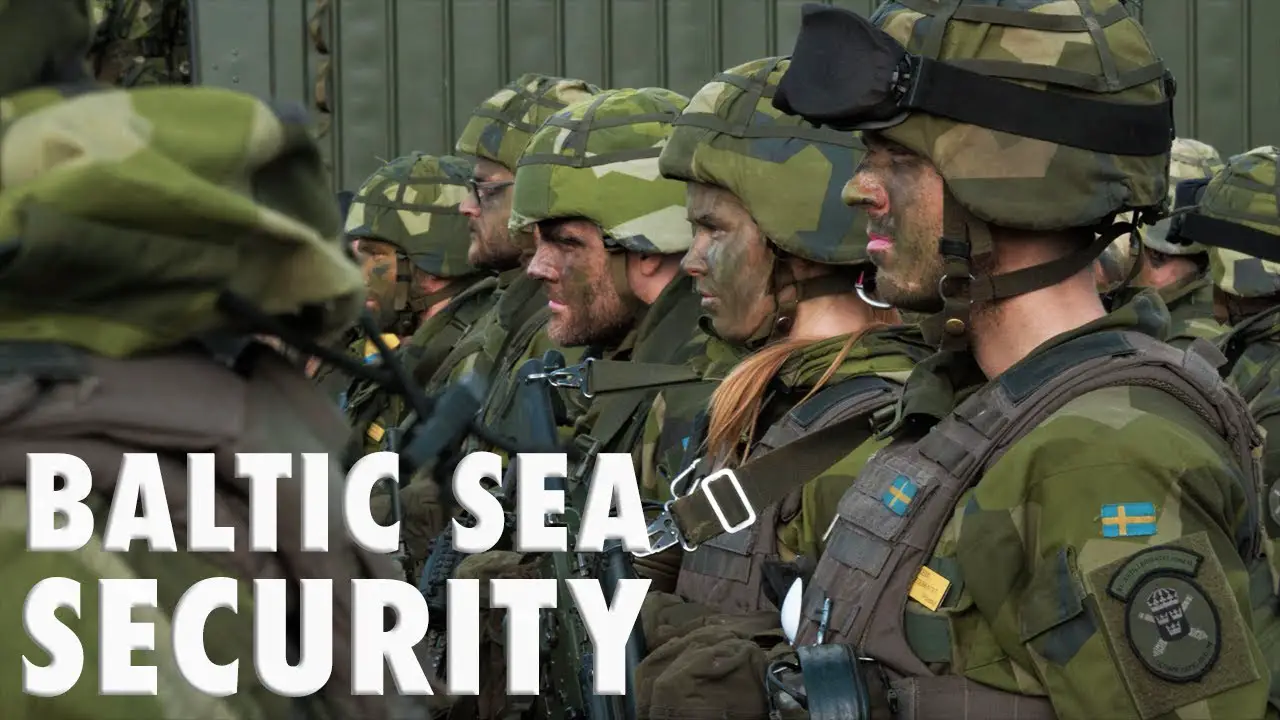Sweden has responded to a changing security situation in Europe by increasing its military spending, reintroducing conscription and hosting large-scale exercises. It has also stationed troops back on the strategically important Swedish island of Gotland, in the middle of the Baltic Sea, for the first time in more than a decade. While Sweden is not a NATO nation, NATO and Sweden have a strong partnership and actively work together in peace and security operations, and for both, providing security in the Baltic Sea region is a priority.
In 1949 Sweden chose not to join NATO and declared a security policy aiming for non-alignment in peace and neutrality in war. A modified version now qualifies non-alignment in peace for possible neutrality in war. This position was maintained without much discussion during the Cold War. Since the 1990s however there has been an active debate in Sweden on the question of NATO membership in the post–Cold War world. These ideological divides were visible in November 2006 when Sweden could either buy two new transport planes or join NATO’s plane pool, and in December 2006, when Sweden was invited to join the NATO Response Force. Sweden have been active participants in NATO-led missions in Bosnia (IFOR and SFOR), Kosovo (KFOR), Afghanistan (ISAF), and Libya (Operation Unified Protector).
















Wow, such valiant guys. Latvia may feel positively save with them. That’s a pity that our own militaries are good-for-nothings inventing external threats for begging money of our NATO allies.
Wow, such valiant guys. Latvia may feel positively save with them. That’s a pity that our own militaries are good-for-nothings inventing external threats for begging money of our NATO allies.